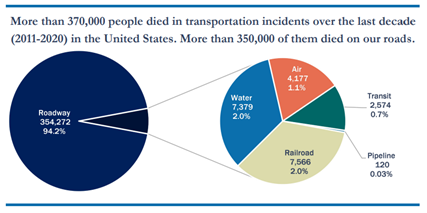New Brief Addresses Metro-Non-metro Clinician Performance with MIPS

Differences in the Merit-based Incentive Payment System (MIPS) Performance of Clinicians in Metropolitan and Nonmetropolitan Counties in 2018
Mina Shrestha, PhD; Lili Xu, MS; Hari Sharma, PhD; Fred Ullrich, BA; A. Clinton MacKinney, MD; Keith Mueller, PhD
The Merit-based Incentive Payment System (MIPS) is a pay-for-performance system for clinicians under the Medicare Quality Payment Program designed to reward clinicians providing higher quality of care and lower costs. This study compared clinicians’ MIPS performance in 2018 based on their practice location, size, and minority population proportion.
Key Findings:
- The overall performance in the MIPS program was comparable for metropolitan and nonmetropolitan clinicians. However, a smaller proportion of nonmetropolitan clinicians were likely to receive exceptional performance payments.
- Most of the clinicians receiving reduced payments were in solo practice in both metropolitan and nonmetropolitan areas.
- Clinicians serving a high proportion of minorities were less likely to get exceptional performance payments but were also less likely to have their payments reduced under MIPS.
Nonmetropolitan clinicians had a lower total risk-adjusted Medicare Spending Per Beneficiary than metropolitan clinicians indicating that nonmetropolitan clinicians have lower Medicare spending for similar beneficiaries.
The post New Brief Addresses Metro-Non-metro Clinician Performance with MIPS appeared first on Pennsylvania Office of Rural Health.











